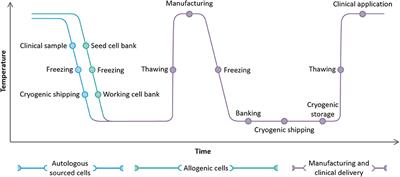BRIEF RESEARCH REPORT
Published on 11 Mar 2022
Pre-Clinical Proof of Concept: Intra-Carotid Injection of Autologous CD34-Positive Cells for Chronic Ischemic Stroke
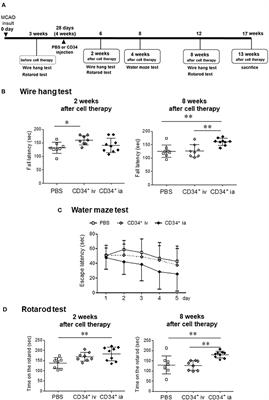
doi 10.3389/fmed.2022.681316
- 1,966 views
- 4 citations
9,214
Total downloads
42k
Total views and downloads
BRIEF RESEARCH REPORT
Published on 11 Mar 2022

ORIGINAL RESEARCH
Published on 04 Jun 2021
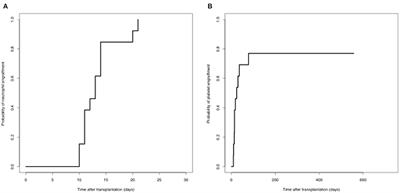
CLINICAL TRIAL
Published on 18 Mar 2021
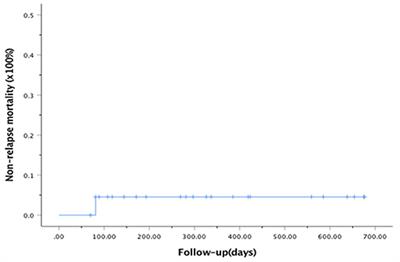
CLINICAL TRIAL
Published on 23 Feb 2021
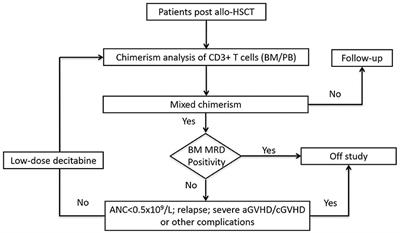
REVIEW
Published on 26 Nov 2020
